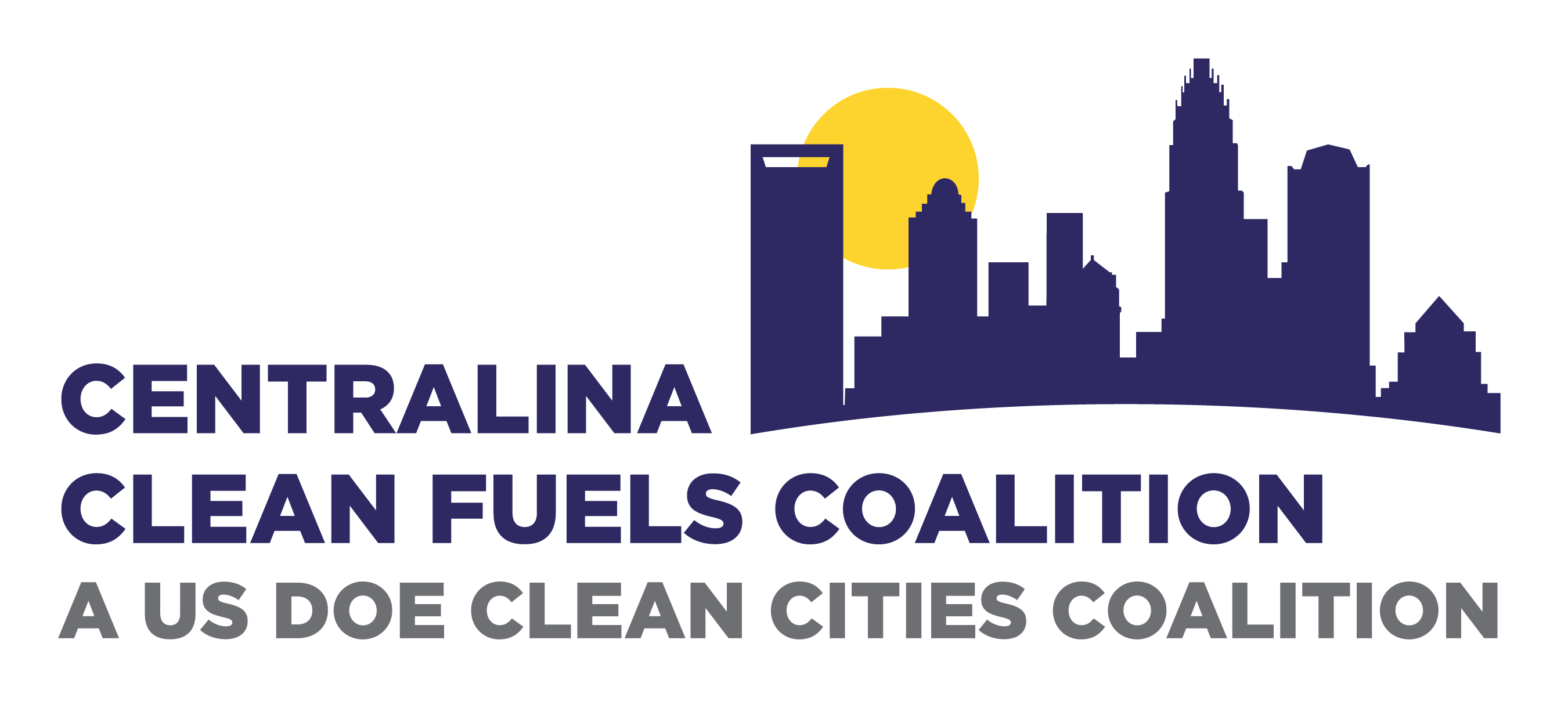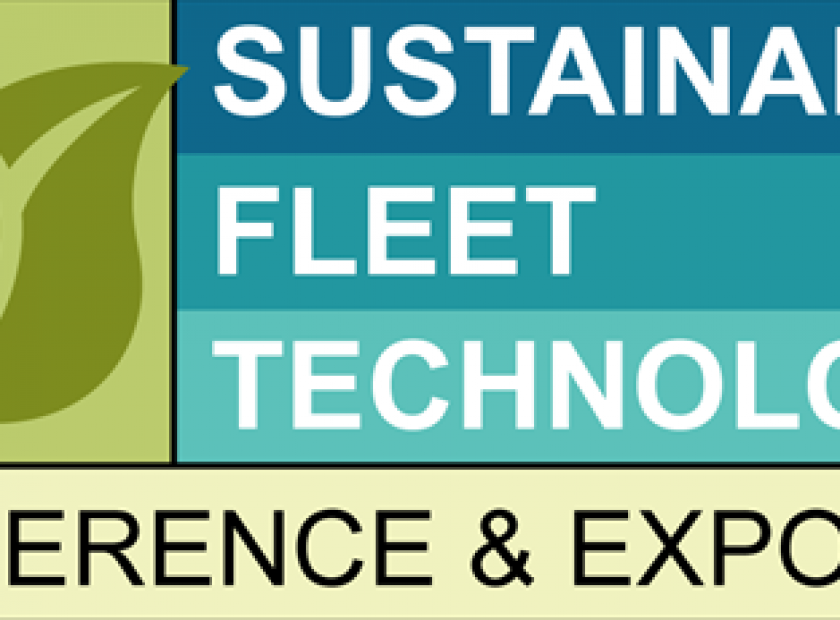Recently, the U.S. National Clean Hydrogen Strategy and Roadmap was released, detailing an all-government approach to clean hydrogen. As the United States continues to take steps towards a more sustainable future, discussion of zero- and low-carbon hydrogen has increased. Not only could clean hydrogen aid us in reaching our decarbonization goals, but it also holds promise in offering a variety of economic benefits. The roadmap boasts that clean hydrogen can bring about a ~10% reduction in economic emissions by 2050 (relative to 2005), 100,000 jobs in fields like engineering, construction, manufacturing, and raw material supply chains by 2030, as well as 450,00 cumulative job-years through 2030.
The roadmap has highlighted three key strategies to fully utilize the benefits of clean hydrogen. The first strategy is to target areas like steel manufacturing, energy storage, and heavy-duty trucks; all of which are considered to be areas of high value for clean hydrogen to be utilized, as well as lack a variety of decarbonization alternatives. The second strategy is to lower the cost of clean hydrogen through the Hydrogen Shot launched in 2021, which has established a goal of lowering clean hydrogen’s price by 80%. This would allow for the target areas to have better access to clean hydrogen. The third strategy is to invest in Regional Clean Hydrogen Hubs, which will ensure that prioritized hydrogen consumers will be close to large scale clean hydrogen production.
While the future is uncertain, it is made clear that clean hydrogen has the capacity to become an exceptional tool in both decarbonization and economic practices. The Department of Energy will be abiding by this document by updating it at least once every three years as necessary.
Click here to learn more about the U.S. National Clean Hydrogen Strategy and Roadmap.




